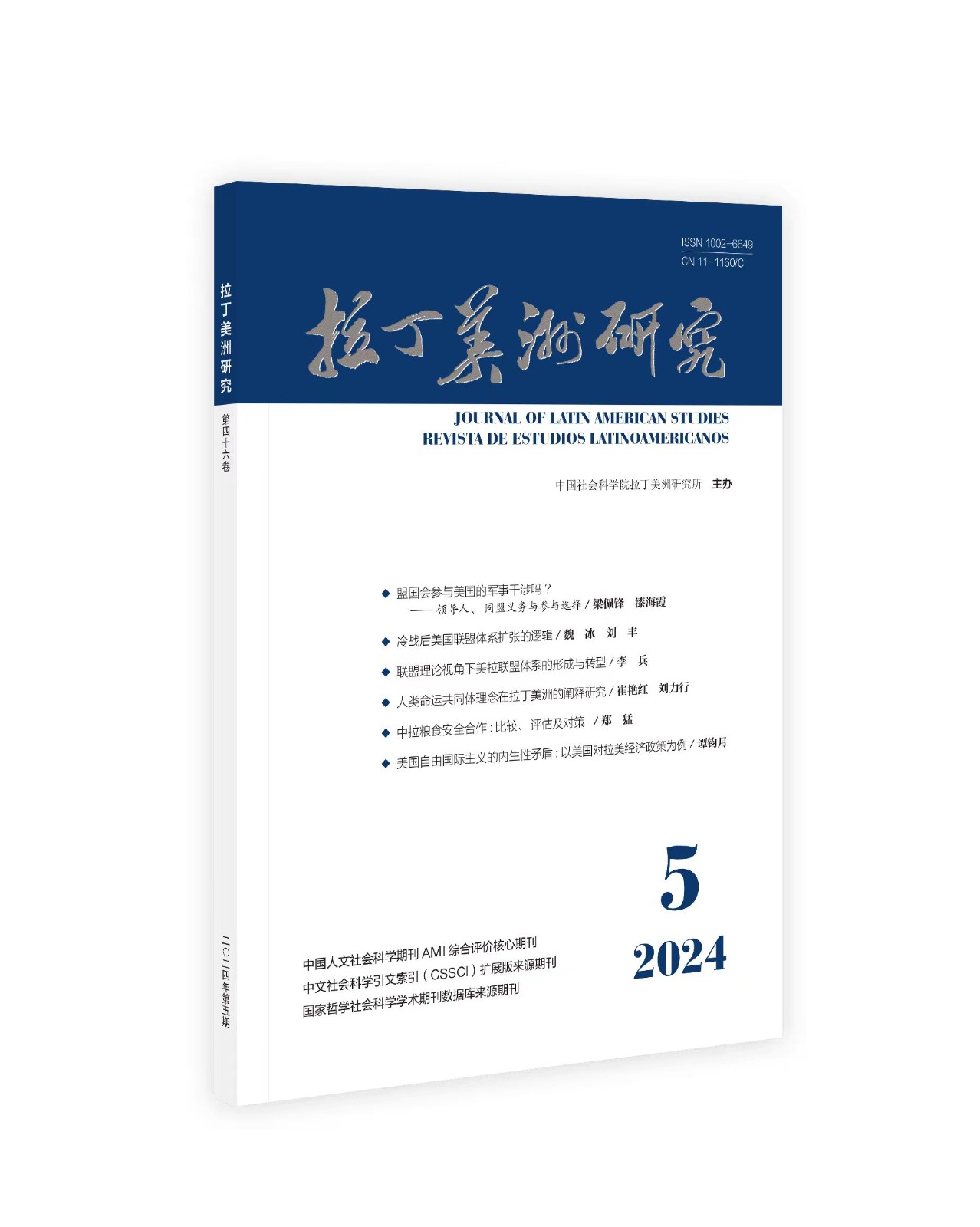不太可能的征用者:为什么右翼政党在民主的巴西实施土地改革
IF 0.7
2区 历史学
Q2 AREA STUDIES
引用次数: 0
摘要
是什么促使右翼和保守派政党支持巴西的土地征收和再分配政策?我认为,以城市为主导的右翼政党支持土地改革,是为了:(I)通过扭转城乡移民来减少富裕大都市的犯罪;(2)获得对抗左翼挑战者的竞争优势。为了验证这一论点,我进行了过程追踪,分析了500多份关于土地改革的精英声明,这些声明来自档案、访谈和调查数据。此外,我还对市级的土地征收进行了建模,并展示了右翼政府如何不成比例地在移民的原籍州征收土地,以及在这些州中,在左翼更具竞争力的地方征收土地。我的研究结果描绘了不平等的两个外部性——犯罪和与左翼的竞争——如何促使巴西保守派支持土地改革。本文章由计算机程序翻译,如有差异,请以英文原文为准。
Unlikely Expropriators: Why Right-Wing Parties Implemented Agrarian Reform in Democratic Brazil
Abstract What motivated right-wing and conservative parties to endorse a policy of land expropriation and redistribution in Brazil? I argue that urban-dominated right-wing parties endorsed agrarian reform in order to: (i) reduce crime in wealthier metropolises by reversing rural–urban migration; and (ii) gain competitive advantage against left-wing challengers. To test this argument I conduct process tracing, analysing over 500 elite statements about agrarian reform, drawn from archival, interview and survey data. In addition, I model land expropriations at the municipal level and show how right-wing administrations disproportionately expropriated land in the states of origin of migrants and, within those, in localities where the Left was more competitive. My results portray how two externalities of inequality – crime and competition with the Left – motivated conservative support for agrarian reform in Brazil.
求助全文
通过发布文献求助,成功后即可免费获取论文全文。
去求助
来源期刊

拉丁美洲研究
Multiple-
CiteScore
1.60
自引率
0.00%
发文量
3870
期刊介绍:
Journal of Latin American Studies presents recent research in the field of Latin American studies in economics, geography, politics, international relations, sociology, social anthropology, economic history and cultural history. Regular features include articles on contemporary themes, specially commissioned commentaries and an extensive section of book reviews.
 求助内容:
求助内容: 应助结果提醒方式:
应助结果提醒方式:


